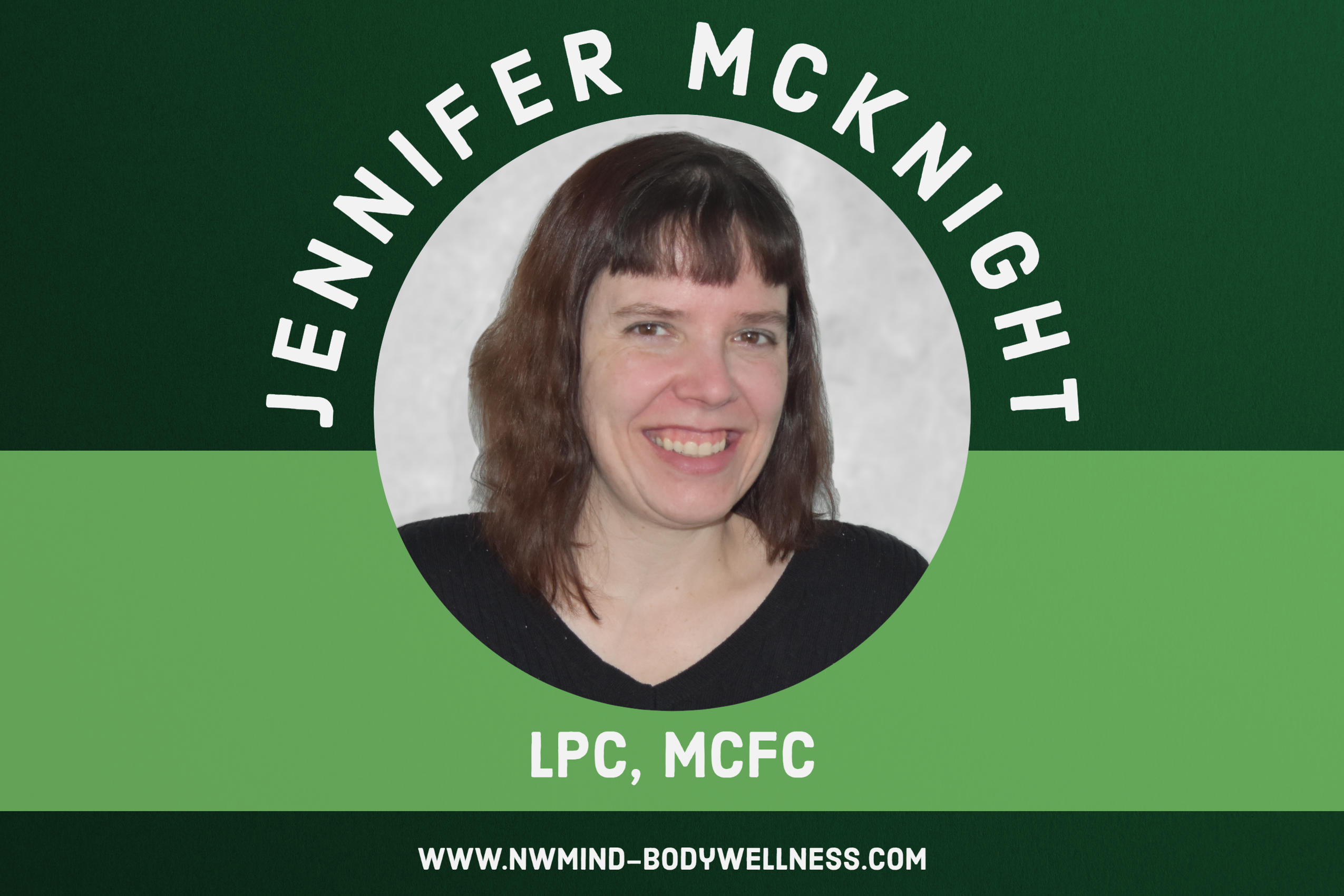Brain Health Day
Brain Health Day is recognized annually on July 22nd. The day aims to bring awareness to all brain disorders, including mental health. The World Federation of Neurology promotes Brain Health Day (BHD) through increasing awareness, prevention, advocacy, education, and access to health care.
There are many steps you can take to better the health of your brain. The following list consists of various ways you can start bettering your brain health today.

Exercise
Many studies have linked regular exercise as a key component in slowing age-related brain deterioration. In addition, exercise has been found to help individuals maintain their cognitive abilities that may decrease with age. Exercise for brain health does not simply mean physical exercise, but also mental. Continued learning and mind games, such as chess or word puzzles, can also help improve and maintain brain health.

Sleep
Sleep is essential to brain health and function. According to the CDC’s sleep guidelines, adults aged 18-60 should get at least 7 hours of sleep each night. When getting enough sleep, your brain can think more clearly, focus better, and more.

Diet
Many people associate their diet with only the health of their body, and not their mind. Contrary to this belief, proper nutrition is key to a healthy brain. By eating a balanced diet that includes fruits, vegetables, whole grains, and protein, you are promoting the health of your brain. Nutrition plays an essential role in preventing many brain disorders, as well as mental health disorders.
Learn More
To learn more about improving the health of your brain, we recommend contacting your health care provider.
To read more about the Brain Health Day and the brain in general, the following resources are suggested:
World Federation of Neurology: https://wfneurology.org/world-brain-day-2022
American Brain Foundation: https://www.americanbrainfoundation.org/world-brain-day-4-ways-to-support-brain-health/
NIMH, “The Teen Brain: 7 Things to Know”: https://www.nimh.nih.gov/health/publications/the-teen-brain-7-things-to-know
NIMH, “Get Excited About the Brain” Activity Book for Children Ages 8-12: https://www.nimh.nih.gov/sites/default/files/documents/health/publications/get-excited-about-the-brain/20-mh-8117-brainactivitybook.pdf
Return to home page: https://nwmind-bodywellness.com/
Read more articles: https://nwmind-bodywellness.com/articles/














